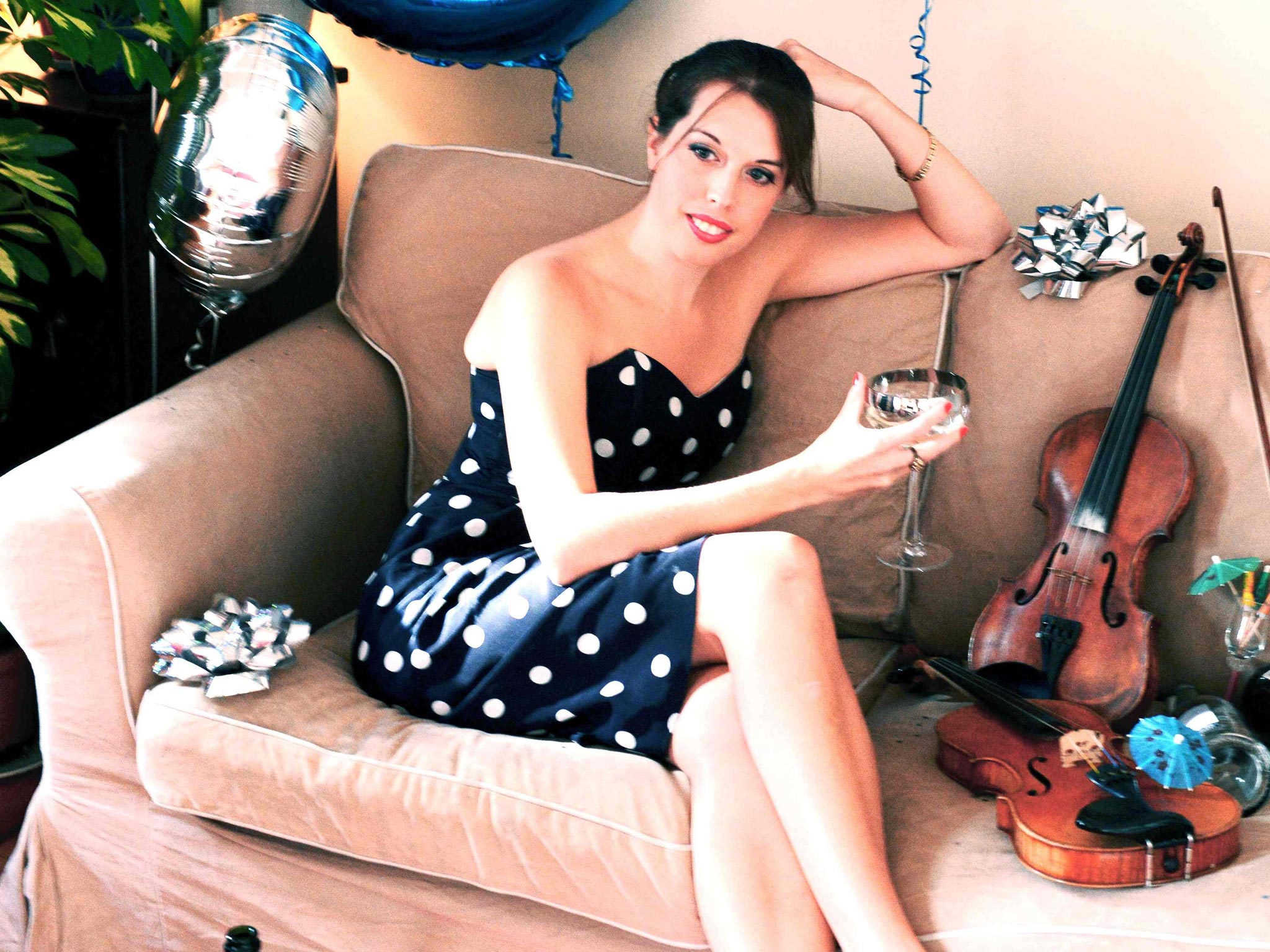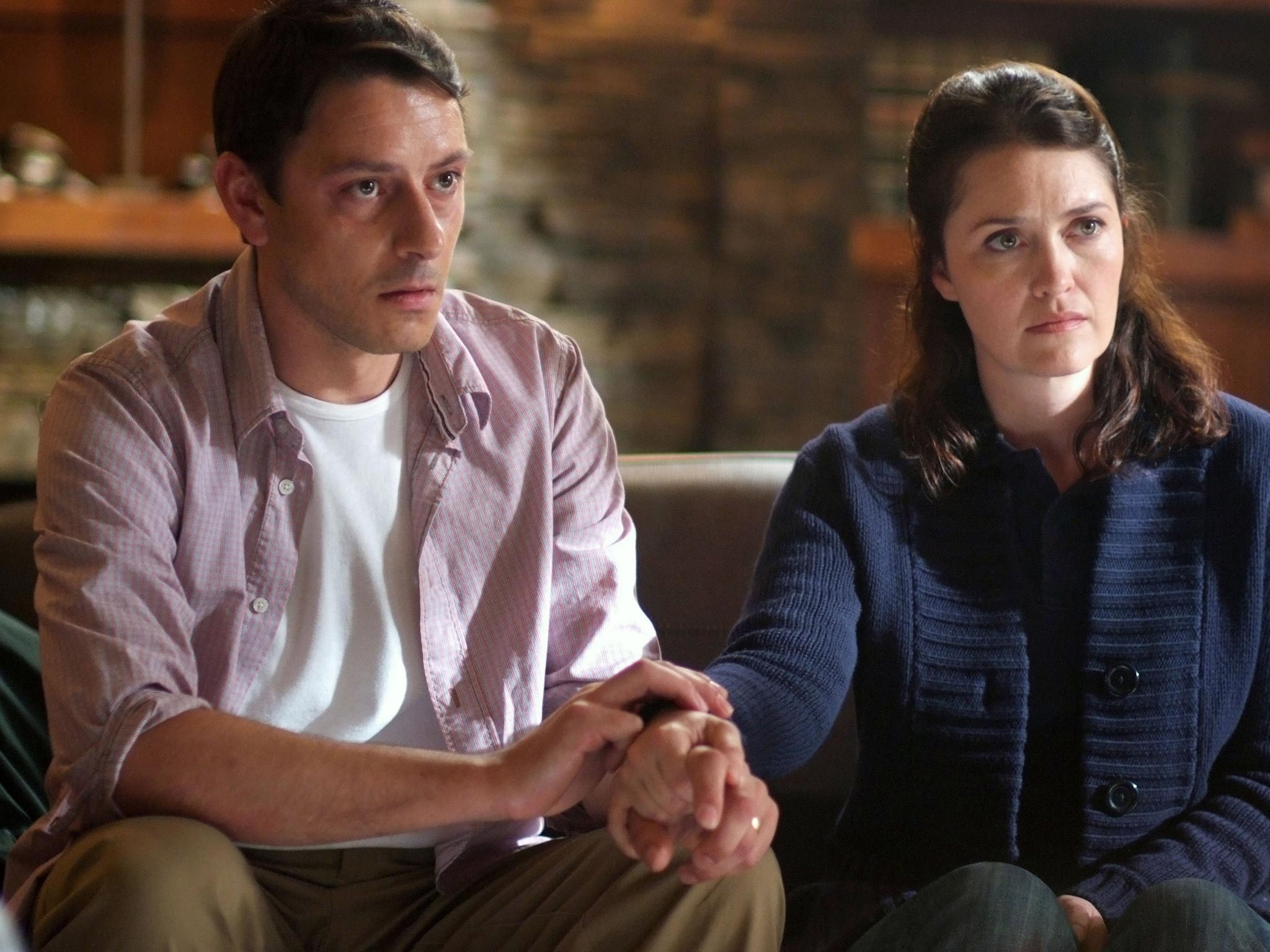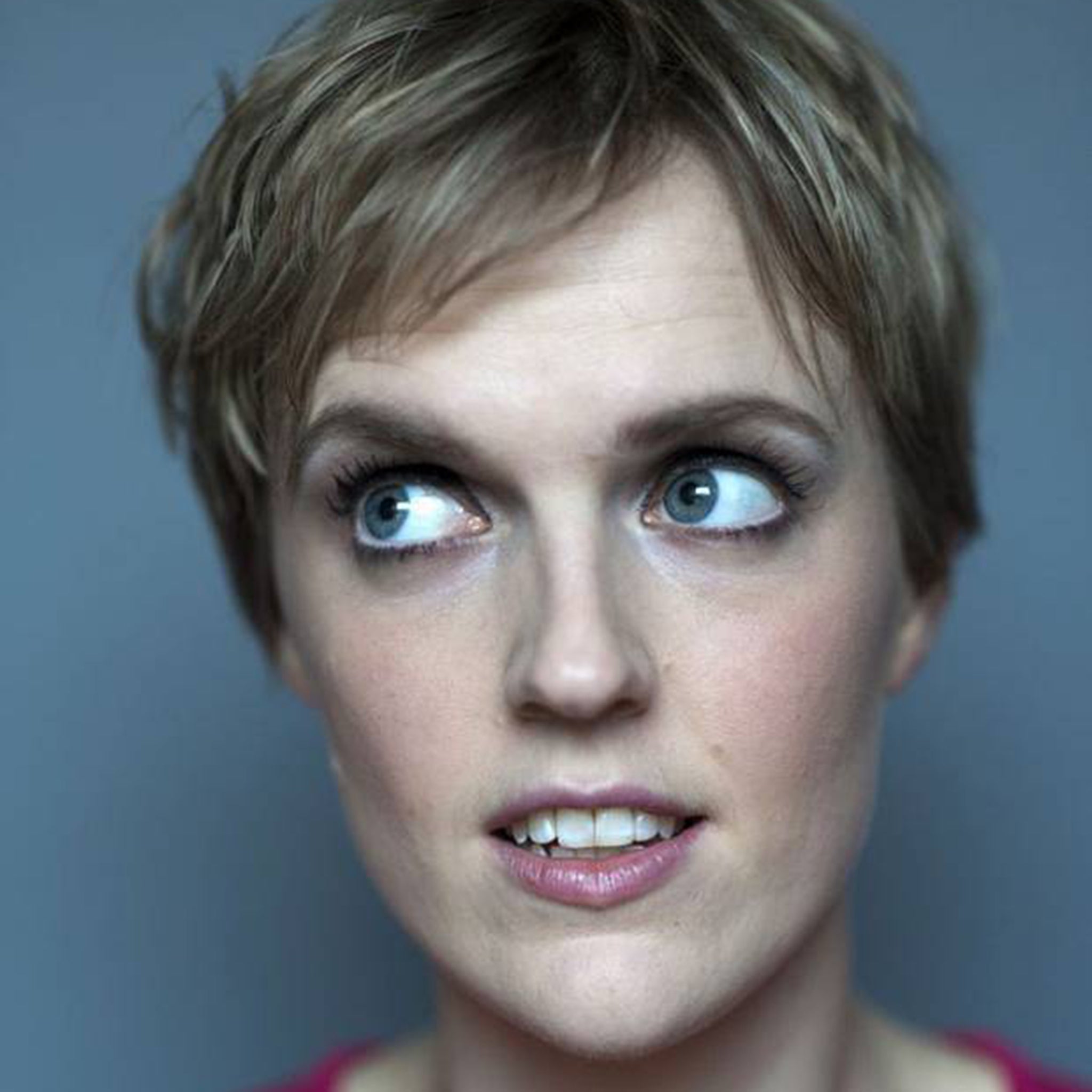Clearing 2015: Students made celebrities reveal the secret to their university experience
They didn’t necessarily pursue their subjects further than their degrees, but our six celebrities learnt valuable life lessons from their time at university. They share it here.

BBC Radio1 DJ, Danny Howard, 28, Edge Hill University
"I started university wanting to be a sports psychologist working with athletes in the 2012 Olympics, and I came out a DJ. I still say to people that you never quite know what you’ll get out of university, but it’s bound to be positive. For me, those four years also gave me a feeling of true independence for the first time, plus great friends that I still see regularly and expect to know for the rest of my life.
I chose Edge Hill because I wanted to stay near my home town of Blackpool, but far enough away that I could live my own life. It was also a massively expanding university and it felt exciting when I went to visit. Plus, past students gave it good reviews.
I remember being really nervous because I didn’t know a single person, but looking back I think it’s better if everyone is in that same boat. You are forced to get to know others quickly and I wound up getting a seven bedroom house with a great group of friends I made in the first year.
My second year was my best time. That was the year I started DJ-ing. I’d always loved music and was interested in my older brother’s decks, but I had no idea what it would lead to. It all began when I had to retake a couple of modules in the second year. It meant I was only in university on Fridays, so I had a lot of spare time in the week. I started out DJ-ing at the student union, then got a few sets in Blackpool. My friend Alex Huckerby, who wound up being my business partner, used to promote nights as a student and so we started doing our own nights. In 2011, a year after I’d left university, I wound up winning the Radio 1 DJ competition, which I really hadn’t expected. That was the moment my life really changed.
Perhaps inevitably, I wound up balancing the whole social side of university with studying badly. I’m not one of those lucky people who can wing it at the last minute, so that meant I wasn’t doing that well. But my dad passed away in my third year and while he was ill, he said that all he wanted to do was see me graduate. Although he didn’t live to see it, that spurred me on to really focus on my course and make sure I passed. I ended up with a 2.2, which I was quite happy with.
The funny thing is I never really wanted to go to university originally. But I did well in my sports course at college and when I left and got a job in what wound up being my gap year, a gym instructor friend said I should go for it and I’m so glad he did. I now do the same, encouraging anyone who is in two minds about going to university to do it. I know I didn’t wind up working at the Olympics, but 2012 still wound up being my big year.”
Danny Howard is performing at Creamfields on August Bank Holiday weekend and Cream Ibiza throughout the summer. For tickets and information visit cream.co.uk
Actor, Enzo Cilenti, 41 Nottingham University
“I was extremely excited to leave home but apprehensive too. The idea of leaving the protection of a group of friends I had known since I was seven or eight was terrifying. Too shy to leave my room for the first dinner at my hall of residence, I got there late, by which time everybody seemed to have already slotted into some kind of social network whose membership had already closed. So I did the only thing I felt equipped to do at that point, which was go back to my room and cry my eyes out.
Looking back, I did a lot of growing up in a very short time; I came out a very different person to the one who started the course (French and Hispanic studies). In those four short years I fell in love, had my heart broken, had 11 stitches put in my head and seven in my hand, went through counselling for depression, experienced drugs for the first time, rejected an academic career, adopted an entirely unexpected career path and made friendships for life.
The study of French and Hispanic language and literature at university has a direct link to what I do now, and I chose as many film-related modules as I could, which gave me a greater understanding of the medium I work in now (Cilenti most recently appeared in BBC1’s Jonathan Strange and Mr Norrell).
To my great shame, I really didn’t approach the course with anything approaching seriousness so I can’t remember any of the lecturers by name. I wasn’t very mature. My acting career came about only in my final year of university. As well as wanting to meet new people, I wanted to get away from the dry atmosphere of the French department and salvage something from my time at university. I feel guilty that I didn’t make the most of the opportunities at the university and took a place that could have been taken by someone who really wanted to be in that environment.
That said, the frustration of being on a course that didn’t stimulate me only toughened my resolve to find what I wanted to do with my life.”
Cilenti recently completed the Ventoux3 extreme cycle challenge for Parkinson’s UK: see justgiving.com/enzo-cilenti/

Folk musician, Bella Hardy, 31 York St John University
"I didn’t get the results for the universities I'd originally applied for, so I went through Clearing. I think Clearing can feel stressful, but take a deep breath and make sure you’re embarking on a course that suits you.
I went to York St John University and studied English literature, my favourite subject. I hated the pressure to decide on some kind of career path as a teenager. I’d recommend doing something you enjoy, otherwise you might just end up with a job that you hate at the end of it all.
Freshers week was... messy! Hectic, fun, chaotic, kind of a blast and also overwhelming. I was overexcited and nervous as hell. I felt like everyone knew what they were doing except me. Hindsight is a wonderful thing, and I had the great opportunity to do it a second time when I studied a Masters in music at Newcastle. The trick is to take your time, understand that everyone else is in the same boat, just trying to figure things out, so chat to people, ask questions, join lots of clubs and groups (join as many as you want, you can always leave some once you’ve figured out which suit you best).
I loved York. I used to sit and read on the grass behind the Minster. I was lonely sometimes, in that process of trying to figure out how to structure my own time, how to be by myself. But that’s all part of the learning.
English literature is such a broad subject; you’re studying history, psychology, sociology, human behaviour and motivation, and also communication, how to cross-examine and write opinion. As a songwriter, this is endlessly useful. My dissertation was on Angela Carter’s Fireworks collection, and I love all her writing. When I’m creatively stuck, I read her short stories and am always inspired.
Take the bad with the good, it shapes you. A willingness to try and an openness to new people and ideas are the things I’d recommend... and a toothbrush.”
Hardy’s album With the Dawn is out now

Co-founder of The School of Life, Sophie Howarth, 39, Bristol University
“Life, thankfully, is all about second chances. I went to Bristol to study medicine, which was very demanding: you learn more new words in medicine than when you learn a new language. I found it a lot of pressure and hard work. When I didn’t like the course it seemed like a catastrophe: and with my mental health the way it was, I was using more of the NHS service that I was ever going to contribute to it.
When you’re that sort of age, you don’t have much experience to fall back on, and I’d got on a track that I couldn’t get off. It took courage – and basically a breakdown – to leave the course. In the end, that was incredibly liberating.
A year later I returned to read history of art, which I loved – and I also brought the discipline of a medic to studying, which was a real advantage. Immersing myself in the pleasure of learning – reading long books, talking until the early hours, being an art geek – was a new experience that I revelled in.
The course opened up a world of career opportunities for me. After university I was offered a job at the Tate, and worked there as a curator for seven years.
While I started off in health, through the School of Life [which Howarth co-founded with Alain de Botton] I’ve now found a different way to help people. And when I’m interviewing now, I’m looking for people who love what they do, because they exude magnetism.
There’s a lot of expectations attached to university, but I’d say don’t go down the road of thinking it will be a perfect experience. It will be something else: and if you grab it all with open arms, and are compassionate with yourself, well, it could be something unexpectedly better.”
Co-founder of The School of Life, Sophie Howarth has also been curator of public programmes at the Tate, and advised the Cabinet Office and Number 10 Policy Unit on social action and community development. With Stephen McLaren, she is co-author of Street Photography Now (Thames & Hudson, 2011)
Comedian, Holly Walsh, 34, Cambridge University
“I went to Cambridge University, read History of Art and left in 2001. Or maybe 2002 – I can’t remember. It was around the time that The Strokes were massive.
I once told a journalist that university was the ‘most boring three years of my life’ which was a stupid thing to say because it means I’ll never be invited back for an honorary doctorate. That said, all my friends had a whale of a time so I was clearly doing something wrong.
Looking back, it was a bit chicken and egg– I worked hard because I wasn’t having fun, but I wasn’t having fun because I was working so hard. It wasn’t all bad being a university nerd – I smugly breezed through every STD test, and I had exclusive access to the ‘librarian’s kettle’ (not a euphemism).
My biggest anxiety before starting was the pressure to do well. I felt like it was a fluke that I got into Cambridge and I was constantly worried that I’d be found out.
And honestly, looking back, I shouldn’t have been worried about anything. Maybe money a bit, but I had a student loan and things seemed a bit fairer back then. Nowadays I think money is a major concern.
Don’t waste your time on your degree. In both senses. Either – really embrace your course, do as much work as you can, and learn how to learn. That’s something I gained from my time at university, I got used to sitting down to work. And that’s been a huge help since I’ve been a self-employed comedian (though these were the days before Twitter, the black hole of productivity).

Or… don’t do anything to do with you degree – use it as an excuse to spend three years doing tons of other stuff.
If you love theatre, do nothing but theatre – if you love music, practice all the time. If you want to be a comic – gig your butt off. This is three years where you can do anything. Just don’t do nothing.
I lived off pesto for three years. I must have massacred the equivalent of an entire rainforest of basil plants.
After three years of being a mega-nerd, I felt that I owed myself a gap year – a bit of time out. So in my late 20s I decided to quit my job to see if I could make it as a comic. If it didn’t work out, I figured, I’d go back to art.
Luckily, I’ve been working in comedy ever since. I sometimes wonder, if I’d dossed around at university for three years, I might have found myself – aged 27 – feeling that I should knuckle down and focus.”
Visit Holly Walsh’s website for details of upcoming gigs: hollywalsh.co.uk
Join our commenting forum
Join thought-provoking conversations, follow other Independent readers and see their replies
Comments
Bookmark popover
Removed from bookmarks